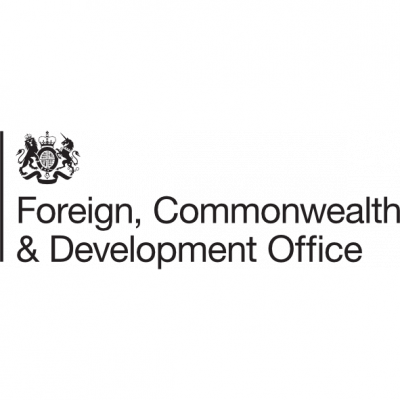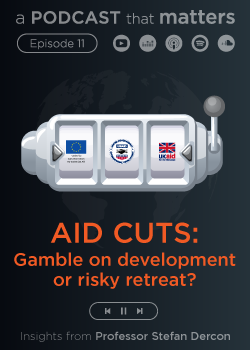Print

8103 Monitoring and Verification for UNICEF Rural WASH
Details
Locations:Bangladesh, Cambodia, Eritrea, Haiti, Madagascar, Myanmar, Nepal, Niger, Pakistan, South Sudan
Start Date:May 17, 2018
End Date:Dec 31, 2022
Contract value: GBP 2,948,862
Sectors: Monitoring & Evaluation, Water & Sanitation
Categories:Consulting services
Funding Agencies:
Date posted:Oct 5, 2018
Description
Contract Number: PO 8103
Contract for: Independent Monitoring and Verification (IM&V) Services for Sanitation, Water and Hygiene for the Rural Poor, UNICEF Component
Short description: DFID requires to contract Monitoring and Verification (M&V) services to assess the monitoring systems used to report UNICEF Rural WASH programme results to DFID, and to validate the results being reported. The M&V service is expected to begin in early April 2018, and will continue until December 2022, with a breakpoint also scheduled in October 2020.
The UK's Department for International Development (DFID) has a new centrally managed rural WASH programme. Implementation funds are to be provided to UNICEF, with activities planned in ten countries:
— Bangladesh;
— Burma;
— Cambodia:
— Eritrea;
— Haiti;
— Madagascar;
— Nepal;
— Niger;
— Pakistan; and
— South Sudan.
The new WASH programme, which builds on the current ‘ASWA’ project, is scheduled to start in October 2017, with a 6 month inception phase, and will continue until December 2022. Expected results include 3 750 000 people gaining sustained access to basic sanitation, 500 000 people gaining sustained access to basic, safe water supplies, as well as improvements in WASH in 500 schools and 250 health care facilities. The programme will also strengthen country WASH sectors with a focus on improving national WASH monitoring systems. UNICEF country programmes have allocated targets, and will also report against a set of VfM indicators annually. Outcomes will be monitored by UNICEF with baseline, mid-line and end-line surveys and contains a conditional performance incentive which focuses on enhanced sustainability. There is built in a breakpoint in October 2020 shortly after a mid-term outcome assessment is completed.

